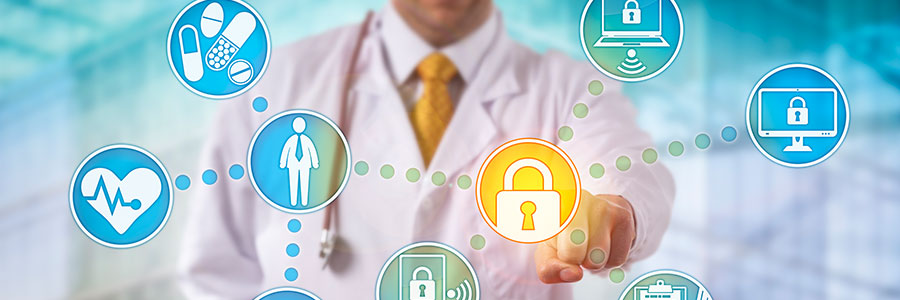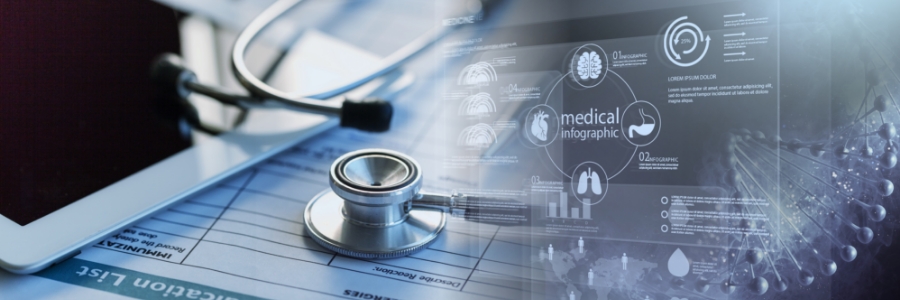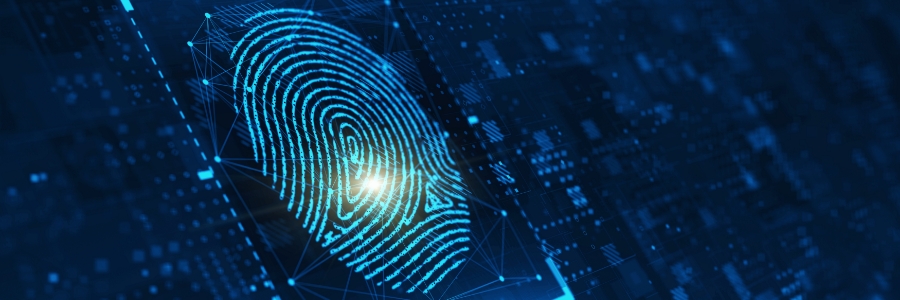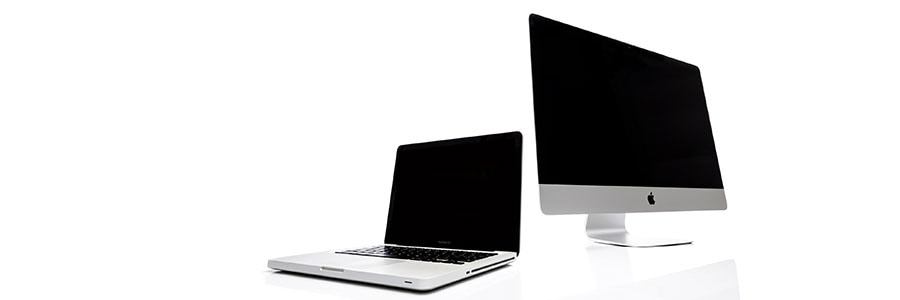As we all know, protected health information (PHI) is some of the most sensitive information there is, and it's crucial that steps are taken to keep it safe from prying eyes. In this blog post, we'll take a look at some of the best ways to secure PHI from cybercrime.
Keeping PHI safe from cybercriminals
5 Practical privacy tips for iPhone texting
How to stay HIPAA-compliant on social media

Social media networks can be used by healthcare organizations to advertise their services as well as communicate with patients and get them more involved in their own healthcare. However, there’s always a risk that Health Insurance Portability and Accountability Act (HIPAA) rules and patient privacy will be violated on social media networks.
Windows Hello makes logging in hassle-free
Turn off these Windows 11 settings to protect your privacy

Windows 11 helps users by giving useful suggestions as they type and by displaying ads based on their online searches. But these can feel invasive, especially if you don’t want anyone prying into your online activity. To ensure your privacy and keep Microsoft’s watchful eye off your computer activity, follow these tips.
Here’s how to make sure your business properly handles PHI

It’s imperative for healthcare organizations and business associates to take every precaution when it comes to managing protected health information or PHI. Aside from having significant regulatory and compliance implications, failing to protect PHI can seriously affect clients and damage a business’s reputation.
Secure your Mac before discarding it
How to disable Windows 10’s intrusive privacy settings

Most tech companies, such as Microsoft, collect certain information about their users so they can provide better, more personalized experiences. However, these companies also often use the data they gather for advertising purposes. The good thing is that as a Microsoft user, you have a fair amount of control over your own privacy.
How does social media usage affect HIPAA compliance?
5 Best practices for securing PHI

Protected health information (PHI) includes personal, medical, and financial information, as well as other data created or used when a patient sought and received healthcare services. Due to the sensitive nature of PHI, it is highly valuable to hackers — and this is why your healthcare organization must do everything possible to protect any PHI data it handles.





